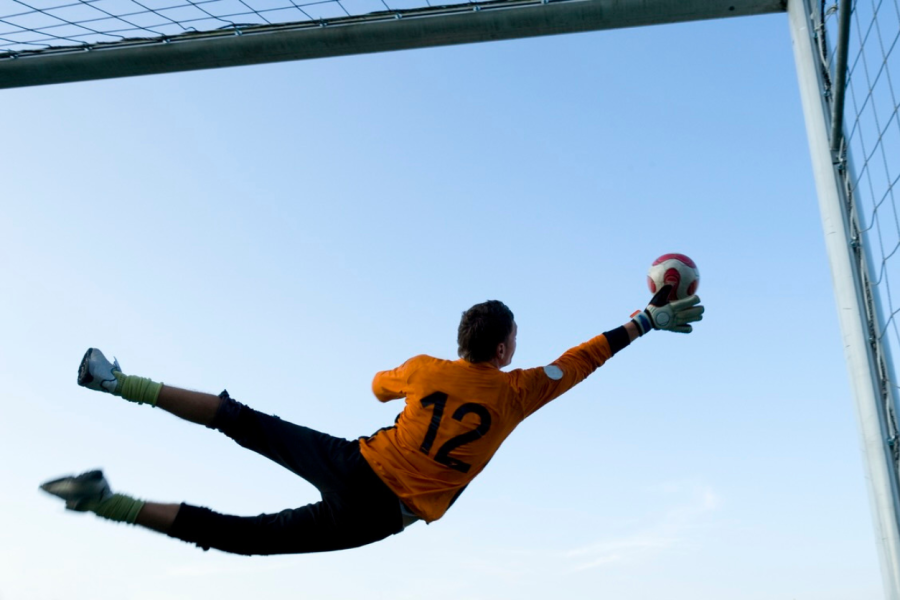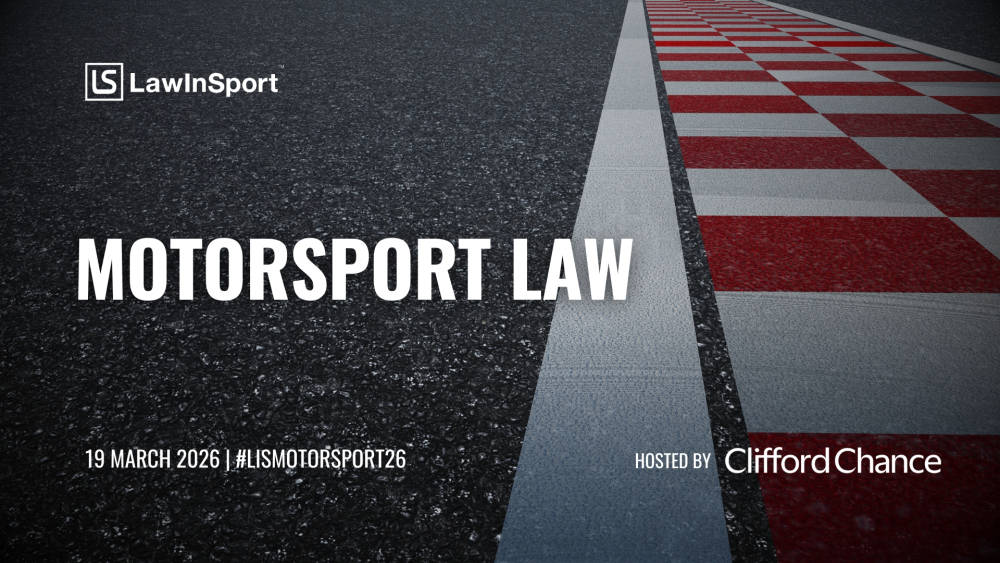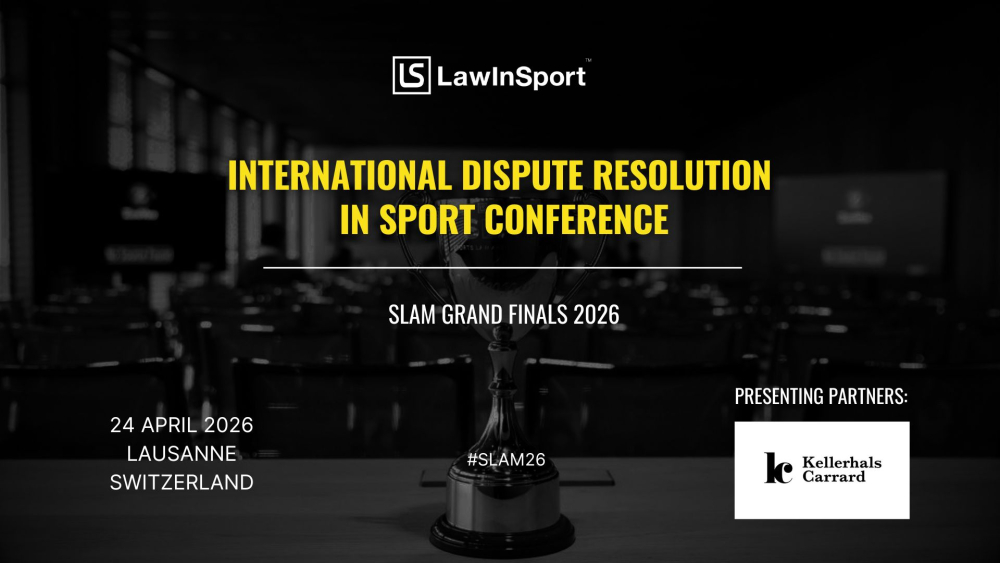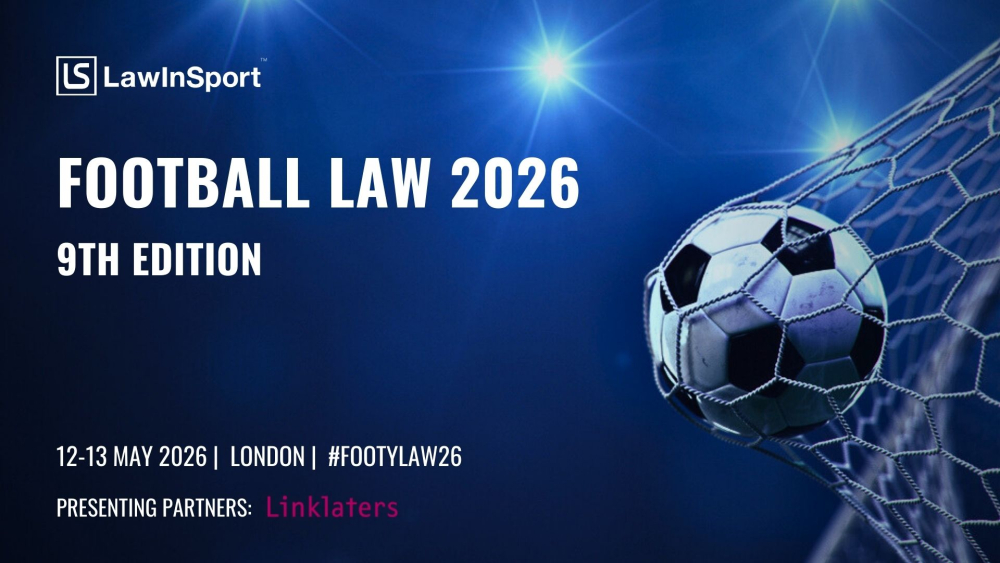What Is the Real Impact of the CJEU’s Seraing Judgment on the Future of Sports Arbitration?

The Grand Chamber judgment of the Court of Justice of the European Union (CJEU) in Case C-600/23, Royal Football Club Seraing v FIFA[1], delivered on 1 August 2025, represents a pivotal juncture in the regulation of international sports arbitration within the European legal order. For the first time, the Court explicitly clarified the conditions under which arbitral awards rendered outside the European Union—specifically by the Court of Arbitration for Sport (CAS)—can be recognised and enforced in Member States when those awards adjudicate on matters governed by EU law.
This decision was long awaited by practitioners and scholars in the field of EU sports law, not merely because it scrutinised the structure of the CAS system, but because it addressed the broader constitutional issue of how far the principles of ordre public de l’Union (the EU public policy) can constrain the operation of private arbitration in regulatory regimes that function transnationally but affect rights within the internal market. The Court’s reasoning carefully distinguishes between voluntary arbitration and institutionalised arbitration imposed by sport governing bodies such as FIFA. At the centre of the ruling lies the reaffirmation of effective judicial protection, the procedural primacy of Article 267 of the Treaty on the Functioning of the European Union (TFEU)[2] (jurisdiction to give preliminary rulings), and a doctrinal consolidation of what constitutes EU public policy.
At the centre of the ruling lies the reaffirmation of effective judicial protection (paras 89–104), the procedural primacy of Article 267 TFEU (paras 73–80), and a doctrinal consolidation of what constitutes EU public policy (paras 105–112).
This article discusses:
To continue reading or watching login or register here
Already a member? Sign in
Get access to all of the expert analysis and commentary at LawInSport including articles, webinars, conference videos and podcast transcripts. Find out more here.
Related Articles
- The validity of FIFA’s arbitration clause and the independence of the CAS: A detailed review of the RFC Seraing cases
- The impact of the Diarra case on the football transfer system – Key takeaways
- Transforming Transfers? How the CJEU reconsidered FIFA’s Transfer Rules in the Diarra case
- When should a CAS award be final on issues of EU law? The AG’s Opinion in Seraing v FIFA
- Sport & EU/Competition Law – Annual Review 2024/25
- Break(ing) Point? The Antitrust Battle that Could Transform Professional Tennis
- Regulating the Regulators: Competition Law Takes on FIFA’s Agent Rules
- Can No-Poach Agreements Be Justified? Insights from the AG Opinion on Portuguese Football
- Competition Law’s Newest Frontier in British Basketball: Analysing the Dispute with Super League Basketball
- An Analysis of German Football's 50+1 Rule & the Federal Cartel Office's Concerns
Written by
Nilo Effori
Nilo advises clubs, athletes, agents, intermediaries and international sports federations and has successfully represented his clients in disciplinary, regulatory, contractual and doping disputes in proceedings before the Court of Arbitration for Sport, Basketball Arbitral Tribunal, FIFA Dispute Resolution Chamber, FIFA Players' Status Committee, FEI Tribunal, FIA International Court of Appeal and other International Sports Federations’ decision-making bodies.




